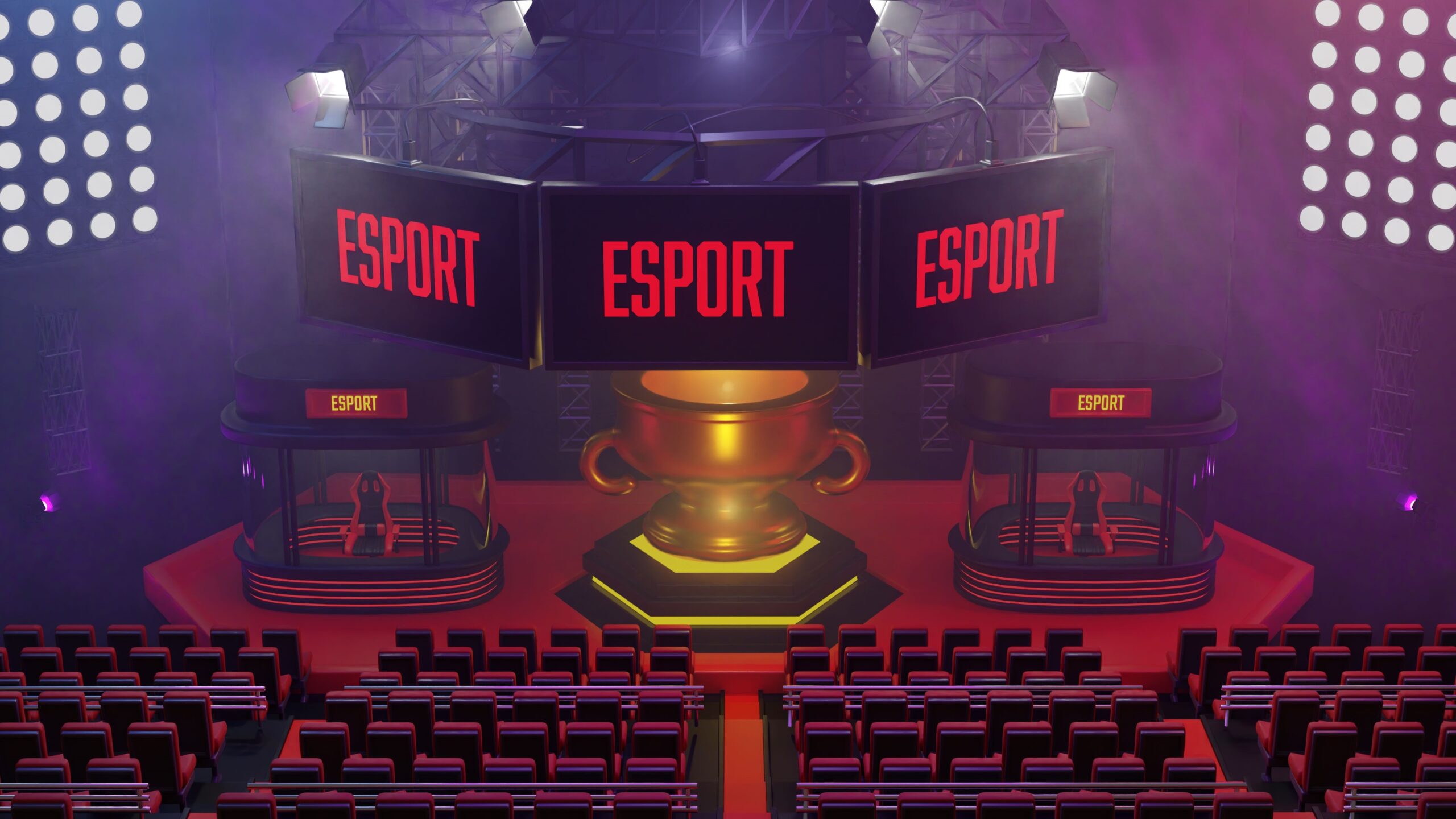Crash games are a thrilling form of online gambling where players bet on a multiplier that increases over time but can “crash” unpredictably. The goal? To cash out before the crash happens and secure your winnings. Think of it like watching a rocket launch—you want to jump off before it explodes!
The Legal Framework Governing Gambling in South Africa
Overview of South African Gambling Laws
Gambling in South Africa is regulated under a comprehensive legal framework designed to ensure fairness, transparency, and player protection. The main piece of legislation is the National Gambling Act No. 7 of 2004, which provides a foundation for regulating all forms of gambling activities, both land-based and online. This act outlines the legal boundaries within which gambling operators must operate and sets clear rules to prevent illegal gambling activities, fraud, and money laundering. The law is also intended to promote responsible gambling and protect vulnerable groups from exploitation. Besides the National Gambling Act, additional laws and amendments exist to address technological advancements and the growing presence of online gambling platforms.
The law creates a system of licenses and permits that operators must obtain to legally offer gambling services in South Africa. It also establishes regulatory authorities at the national and provincial levels, creating a layered oversight system. This ensures that gambling activities comply with ethical and financial standards, preventing the exploitation of consumers and ensuring that gambling revenues contribute positively to the economy through taxes and levies. This legal framework is constantly evolving to adapt to new trends such as the rise of online crash games and other interactive gambling formats.
Role of the National Gambling Board (NGB)
The National Gambling Board (NGB) plays a central role in overseeing and regulating the gambling industry across South Africa. It acts as the primary national regulatory authority tasked with ensuring that all gambling activities are conducted fairly, transparently, and within the bounds of the law. The NGB is responsible for issuing national licenses, coordinating regulatory efforts among provincial boards, and monitoring compliance with the National Gambling Act. They conduct investigations, audits, and risk assessments to ensure operators uphold integrity and protect players from unfair practices or fraud.
Moreover, the NGB collaborates closely with provincial gambling boards, which have jurisdiction within their respective provinces. This cooperation helps maintain a uniform regulatory environment despite South Africa’s decentralized approach to gambling governance. The NGB also provides guidance on policy, promotes responsible gambling initiatives, and plays an important role in educating the public about the risks and benefits of gambling. In summary, the NGB acts as the watchdog, policymaker, and facilitator to maintain a stable and trustworthy gambling sector nationwide.
Specific Regulations on Online Crash Games
Classification of Crash Games under South African Law
Crash games fall under the category of online betting games or interactive gambling, which means they are subject to South Africa’s gambling legislation. Because these games involve real money wagers and outcomes based on chance, they must adhere to strict regulatory standards. The classification ensures that crash games are not treated lightly or ignored in the legal framework. Instead, they are regarded similarly to other forms of online casino games, sports betting, or poker, which require fair gaming practices and transparency from operators.
This classification imposes several legal requirements on providers, including ensuring that the game mechanics are fair and random, payouts are transparent and accurate, and player data is securely managed. It also means that the same consumer protection laws that apply to traditional gambling formats extend to crash games. This protects players from fraud and unethical behavior while also allowing authorities to monitor and regulate the rapidly growing segment of online interactive gambling effectively.
Licensing Requirements for Operators
Any operator who wants to offer crash games legally in South Africa must apply for a gambling license either through their provincial gambling board or the National Gambling Board (NGB). The licensing process is rigorous and includes several key steps to ensure the operator’s suitability and the platform’s integrity. Operators undergo extensive background checks to verify the identities and criminal records of owners and key personnel. Financial audits are performed to assess the financial health and sustainability of the business, which helps prevent money laundering and ensures operators can pay winnings.
Technical audits are also an essential part of the licensing procedure. These audits test the gaming software, random number generators (RNGs), and payout algorithms to guarantee fairness and compliance with regulations. The license application typically requires operators to provide detailed business plans, proof of security systems, and responsible gambling policies. Once licensed, operators must regularly submit reports and remain open to audits to maintain their license. Failure to comply with licensing conditions can lead to suspension or revocation of the license.
Restrictions on Advertising and Promotions
South African gambling laws impose strict regulations on how gambling companies can advertise crash games to protect minors and vulnerable people. The law prohibits any advertising that targets children or implies that gambling is a guaranteed way to make money. Advertisements must include clear responsible gambling messages to raise awareness about the risks of gambling addiction. Furthermore, operators are not allowed to use aggressive or misleading promotional tactics that might encourage excessive gambling or irresponsible behavior.
Some common restrictions include:
- No advertisements during children’s TV programming or other media aimed at minors
- Clear disclosure of gambling risks and responsible gambling helpline information
- Restrictions on bonuses and promotions that incentivize excessive deposits or play
- Prohibitions on false or exaggerated claims about winning odds or potential payouts
These measures aim to create a balanced environment where marketing is transparent and ethical while still allowing companies to attract customers.
Enforcement and Compliance
Monitoring and Auditing Online Crash Game Platforms
Regulators in South Africa utilize advanced technological tools and methodologies to monitor online crash game platforms continuously. These tools are designed to detect anomalies or suspicious activities that could indicate unfair play or fraud. Regular random audits are conducted where regulators review the software algorithms that determine game outcomes to ensure that the payout structures are transparent and unbiased. Player complaints and feedback are actively investigated, offering another layer of oversight. This proactive approach helps maintain the integrity of crash games and fosters player trust by making sure the games are neither rigged nor manipulated.
In addition to manual audits, automated monitoring systems are often deployed to track gameplay patterns in real-time. This allows regulators to quickly identify unusual betting behaviors or sudden spikes in payouts that might suggest manipulation or technical faults. Compliance officers also work closely with the operators, requiring them to submit periodic compliance reports, including details on game fairness, security protocols, and financial transactions. This thorough monitoring and auditing framework ensures that operators maintain high standards and that any discrepancies can be swiftly addressed before escalating into larger issues.
Penalties for Non-compliance
South African gambling regulators take violations of gaming laws seriously and impose strict penalties to enforce compliance. Operators found guilty of breaching regulations can face heavy financial fines that serve as both punishment and deterrent. These fines can be substantial, depending on the severity and frequency of the violations. Beyond financial penalties, regulators can suspend or revoke an operator’s gambling license, effectively shutting down their business operations within the country. In extreme cases, operators may be banned outright from the South African market.
Such penalties underscore the government’s commitment to maintaining a safe gambling environment for players. They also send a clear message to operators that adherence to the law is non-negotiable. Enforcement actions are often publicized to increase transparency and encourage all operators to comply. This strict regulatory stance helps protect players from fraud and ensures that the gambling industry operates fairly and ethically.
Consumer Protection Measures
South African regulators prioritize player safety by implementing various consumer protection measures within the online crash game sector. One key tool is the self-exclusion option, which allows players to voluntarily restrict their access to gambling platforms if they feel their gambling behavior is becoming problematic. This is supported by mandatory deposit limits, which help players manage their spending and reduce the risk of financial harm. Clear and easily accessible terms and conditions are required for all gambling sites to ensure players understand the rules, risks, and rights related to their gameplay.
Furthermore, operators must provide resources and information promoting responsible gambling. This includes visible warnings about the dangers of gambling addiction, links to support organizations, and educational content. These measures help foster a safer gaming environment, reduce problem gambling rates, and enhance players’ confidence in the legitimacy of licensed platforms.
| Enforcement Area | Description | Tools/Methods | Purpose |
| Monitoring & Auditing | Regular reviews of game fairness and platform operations | Random audits, real-time monitoring, complaint investigation | Ensure games are fair and transparent |
| Penalties for Non-compliance | Financial fines, license suspensions, or bans for operators violating regulations | Fines, license revocation, market bans | Deter illegal activities and protect players |
| Consumer Protection Measures | Tools to help players control gambling habits and promote safe gambling environments | Self-exclusion, deposit limits, clear T&Cs, responsible gambling info | Promote player safety and prevent addiction |
Challenges in Regulating Crash Games in South Africa
The Rise of Unregulated Offshore Platforms
One of the biggest challenges facing South African regulators is the rapid increase in unlicensed offshore platforms offering crash games to local players. These sites operate outside the jurisdiction of South African gambling laws, allowing them to bypass licensing, taxation, and consumer protection requirements. This creates a significant regulatory blind spot, making it difficult for authorities to track or penalize these operators. Players using offshore sites are often exposed to higher risks, including unfair game mechanics, delayed or withheld payouts, and lack of dispute resolution options.
The prevalence of offshore platforms also undermines the local regulated market, as these operators can offer more attractive bonuses or fewer restrictions, luring players away from licensed sites. This makes it harder for regulators to enforce compliance and protect consumers, and it can result in lost tax revenue for the government. Combating this challenge requires international cooperation, advanced technological tools for detection, and public awareness campaigns to encourage players to use licensed platforms.
Technological Difficulties in Enforcement
The fast pace of technological innovation in online gambling introduces complex challenges for regulators trying to keep enforcement effective. New game formats, including evolving versions of crash games, often incorporate sophisticated algorithms and blockchain technologies that obscure transparency. Payment methods like cryptocurrencies add layers of anonymity, making it harder to trace financial flows and detect illegal activities such as money laundering.
Furthermore, anonymized player accounts and the use of VPNs allow some players and operators to circumvent geographic restrictions and regulatory controls. Regulators must continually upgrade their technical capabilities and knowledge to keep up with these developments. This requires significant investment in technology, staff training, and collaboration with tech experts to develop tools that can decode complex systems and monitor compliance in real time.
Balancing Innovation with Regulation
Regulators in South Africa face the difficult task of encouraging innovation in the online gambling sector while maintaining strong consumer protections. Crash games represent a new frontier in interactive gambling that attracts a tech-savvy audience and contributes to economic growth through job creation and tax revenues. However, regulators must ensure that this innovation does not come at the cost of player safety or market fairness.
This balancing act means crafting flexible but robust regulations that can adapt to emerging technologies without stifling creativity. It involves ongoing dialogue with operators, technology providers, and player advocacy groups to understand new trends and potential risks. By fostering a collaborative approach, South Africa aims to create an environment where innovation thrives within a safe, well-regulated framework that protects consumers and the integrity of the gambling industry.




